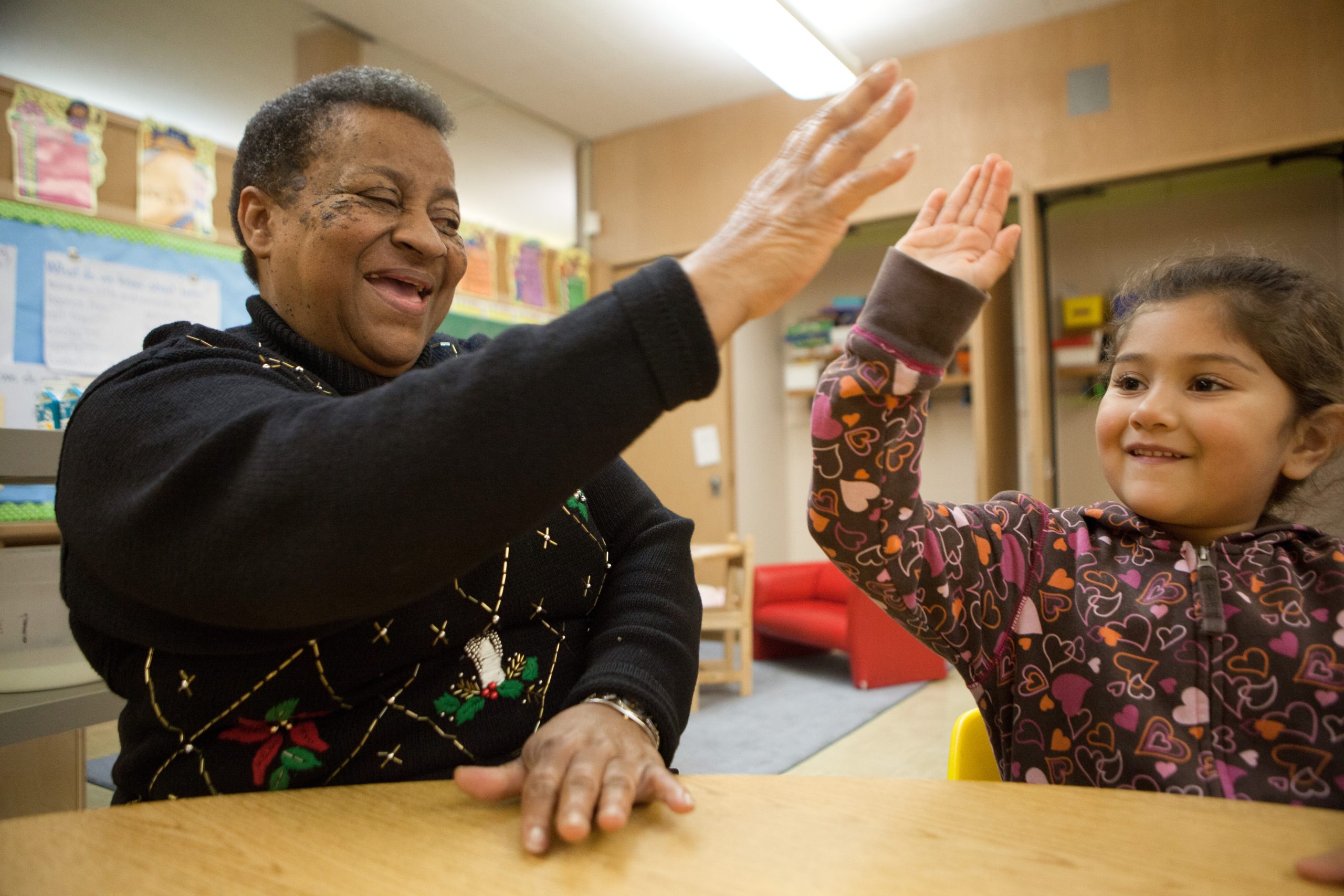
Why It Matters
We need to understand the impact of trauma on our children and communities AND know that we can make a difference.
Childhood trauma impacts our communities.
In 2010, a Briggs & Gowan’s study found that, by the age of four, one in four children experienced or witnessed a traumatic event. When children experience trauma it can change the trajectory of their lives.
Kaiser Permanente and the Centers for Disease Control and Prevention’s ongoing Adverse Childhood Experience study, involving over 17,000 patients, has clearly shown that trauma experienced in childhood is linked to negative health, social, and economic outcomes. Adults with six or more adverse childhood experiences have a life expectancy that is twenty years shorter than average
Adverse Childhood Experiences (ACEs) are potentially traumatic events that happen during childhood. ACEs can include witnessing or experiencing violence, physical or emotional neglect, or growing up in an environment where substance abuse or mental health problems occur. Research has shown that ACEs are extremely common and can put individuals at risk for chronic health problems, substance issues, or mental illness.
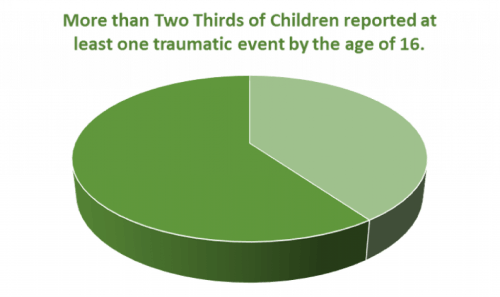
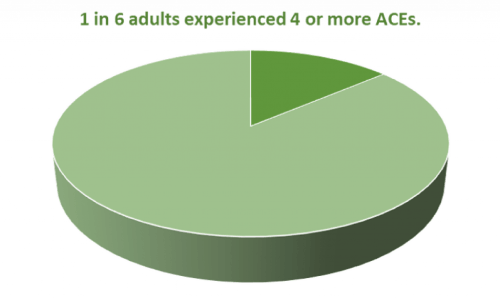
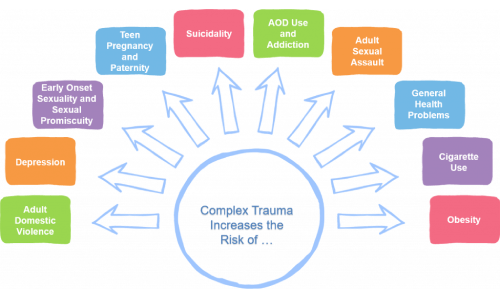
Resilience – it takes one adult.
The single greatest factor for children who develop resilience is one genuine relationship with a supportive caregiver. It takes only one adult to create safety, trust, and respect in a relationship with a child, providing the protection needed to buffer them from adversity and trauma. Supportive, caring relationships with a caregiver also build the capacity to regulate behavior, grow executive functions, and develop a healthy sense of self. The combination of supportive relationships, skill building, and healthy self-development creates a foundation for resilience to grow.
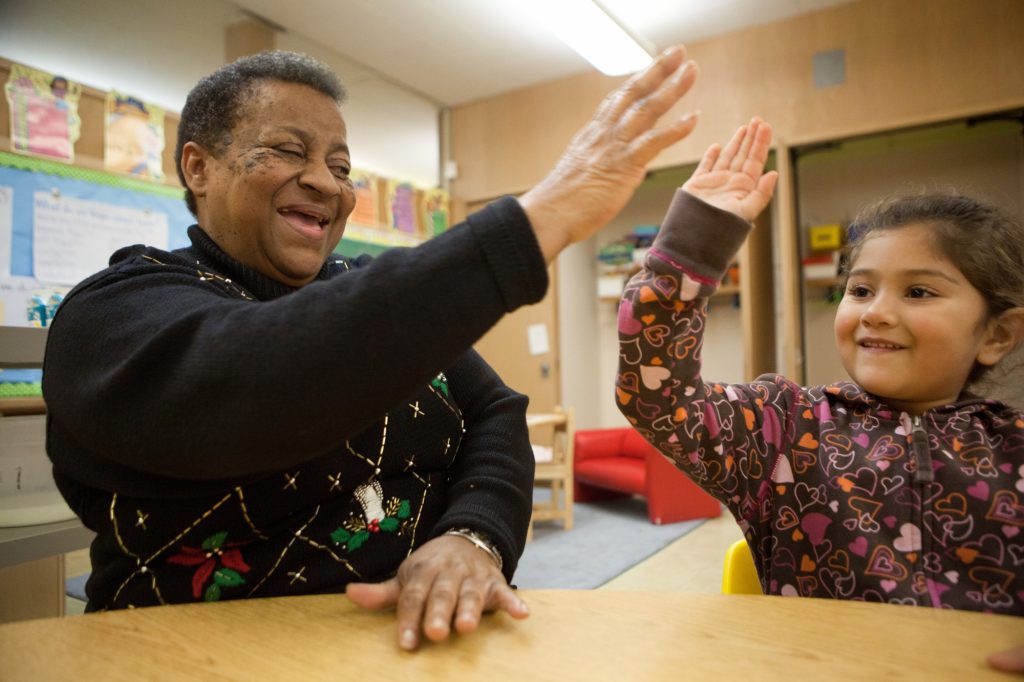
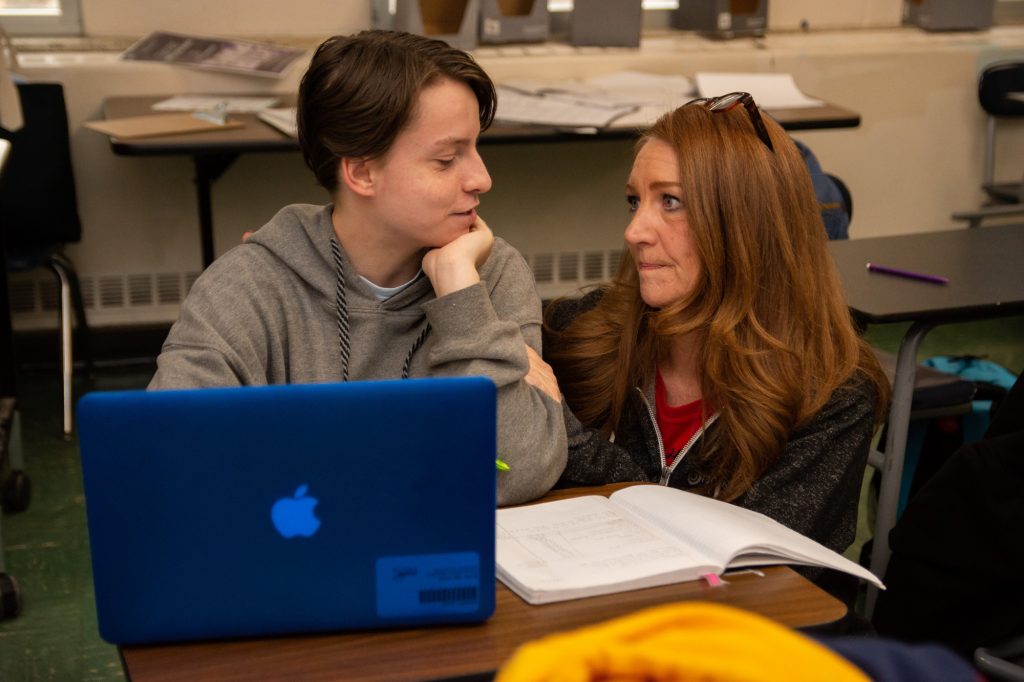
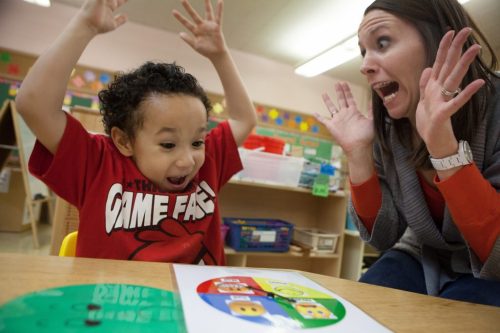
We can make a difference.
It takes a comprehensive community response to promote health and resilience to address the potential impact of trauma and adversity. Watch the video below to learn more.